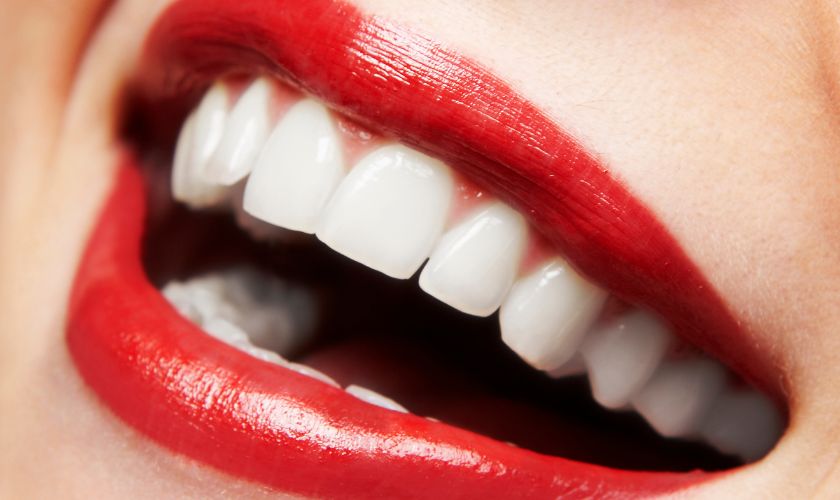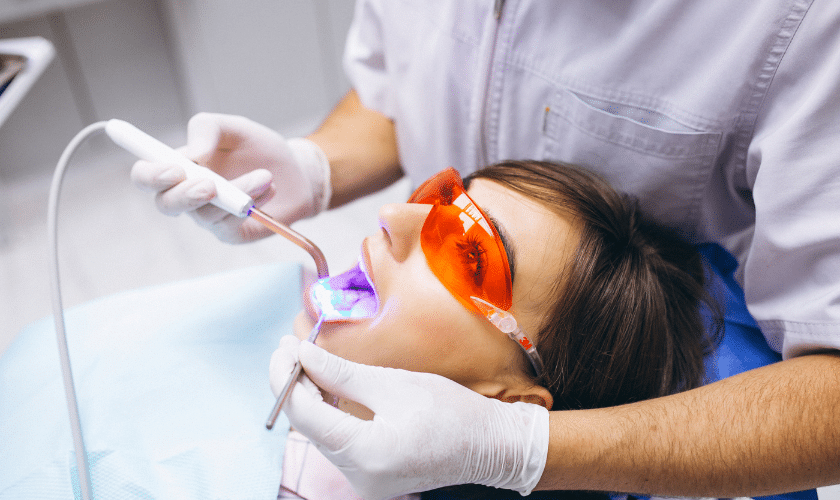
A bright and dazzling smile has become synonymous with confidence and good health in today’s image-conscious society. Teeth whitening has gained immense popularity as a cosmetic dental procedure, promising to transform stained or discolored teeth into a gleaming set of pearly whites. But what exactly is the science behind teeth whitening, and what secrets lie within this dental marvel? Let’s delve into the fascinating world of teeth whitening to uncover the facts and unveil the mysteries.
The Science of Teeth Whitening
Before we explore the secrets of teeth whitening, it’s essential to understand the science that underpins this transformative process. Teeth get discolored primarily due to two types of stains: extrinsic and intrinsic.
- Extrinsic Stains: These stains are on the surface of the enamel and are usually caused by substances like coffee, tea, red wine, tobacco, and certain foods. Extrinsic stains are relatively easy to remove through teeth whitening procedures.
- Intrinsic Stains: These stains go deeper into the tooth structure, affecting the dentin beneath the enamel. Intrinsic stains can result from factors like aging, genetics, trauma, or exposure to certain medications. Treating intrinsic stains can be more challenging.
The most common teeth whitening methods are:
- Bleaching: This process involves the use of peroxide-based compounds, such as hydrogen peroxide or carbamide peroxide, to break down stains. These compounds release oxygen molecules that penetrate the enamel and dentin, effectively whitening the teeth.
- Light-Activated Whitening: Some teeth whitening procedures use special lights or lasers to enhance the bleaching process. These light sources accelerate the breakdown of stains, providing quicker results.
- Whitening Toothpaste: These toothpaste products contain mild abrasives and chemical agents to help remove surface stains over time.
The Secrets Behind Teeth Whitening
Now, let’s uncover some lesser-known secrets of teeth whitening that can help you achieve a brighter smile:
- Professional vs. Over-the-Counter (OTC): While OTC teeth whitening products are readily available, a dentist’s treatments are more effective. Dentists can access stronger bleaching agents and tailor treatments to your specific needs.
- Maintenance is Key: Teeth whitening isn’t a one-and-done process. Regular maintenance and good oral hygiene practices, such as avoiding stain-causing foods and beverages, can help prolong the results.
- Individual Variability: The effectiveness of teeth whitening can vary from person to person. Factors like the type and severity of stains, the concentration of the bleaching agent, and the duration of treatment all play a role.
- Tooth Sensitivity: One secret that often surprises individuals undergoing teeth whitening is the possibility of increased tooth sensitivity. This temporary side effect is usually manageable and diminishes after treatment.
- Lifestyle Choices Matter: Continued consumption of stain-causing substances and neglecting oral hygiene can undo the effects of teeth whitening. Making mindful choices can help maintain your brighter smile.
- Consultation is Essential: Before embarking on a teeth whitening journey, it’s crucial to consult with a dentist. They can assess your oral health, identify any underlying issues, and recommend the most suitable whitening method.
- Customized Solutions: Dentists can offer personalized whitening treatments, ensuring that your unique needs and goals are addressed. Custom trays and treatment plans can maximize results.
- Natural Isn’t Always Better: Some people turn to natural remedies like baking soda or activated charcoal for teeth whitening. However, these DIY methods may be abrasive and potentially harmful to your enamel if used excessively.
- Age-Related Changes: As we age, our teeth naturally darken due to wear and tear on the enamel. Teeth whitening can help rejuvenate the appearance of aging teeth, contributing to a more youthful smile.
Conclusion
Teeth whitening is a remarkable field of cosmetic dentistry that can provide dazzling results. The science behind it is rooted in the principles of chemistry and biology, harnessing the power of peroxide-based compounds to break down stains. While there are many secrets and nuances to successful teeth whitening, one thing is clear: consulting with a dental professional is crucial to achieving the best results safely.
Remember that a brighter smile not only enhances your appearance but also boosts your self-confidence. So, if you’re considering teeth whitening, don’t hesitate to reach out to a dentist who can guide you through the process, ensuring a safe and effective journey towards a radiant smile that’s brighter beyond belief.
Recent Post
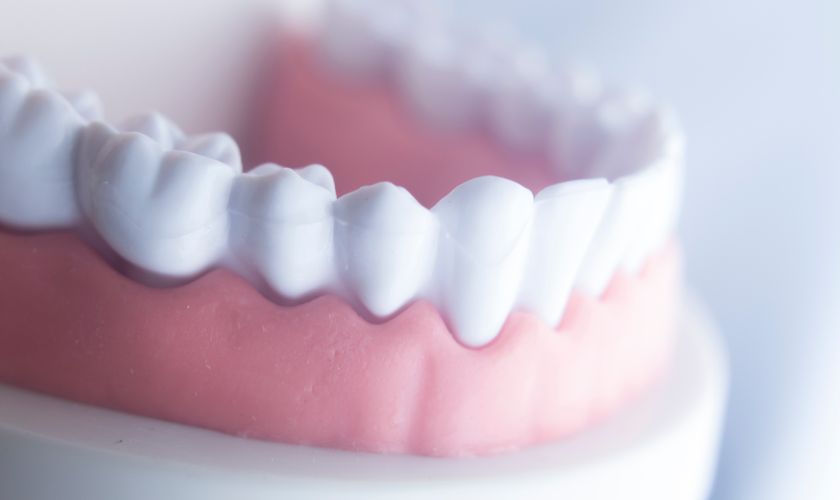
How Cosmetic Dentists Can Fix Your Cavities?
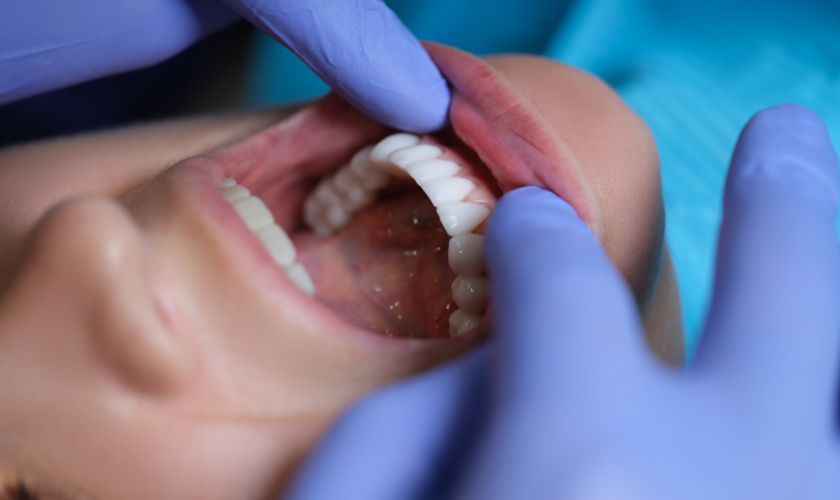
Your Guide to a Smooth Oral Surgery Recovery: Minimizing Discomfort and Maximizing Healing
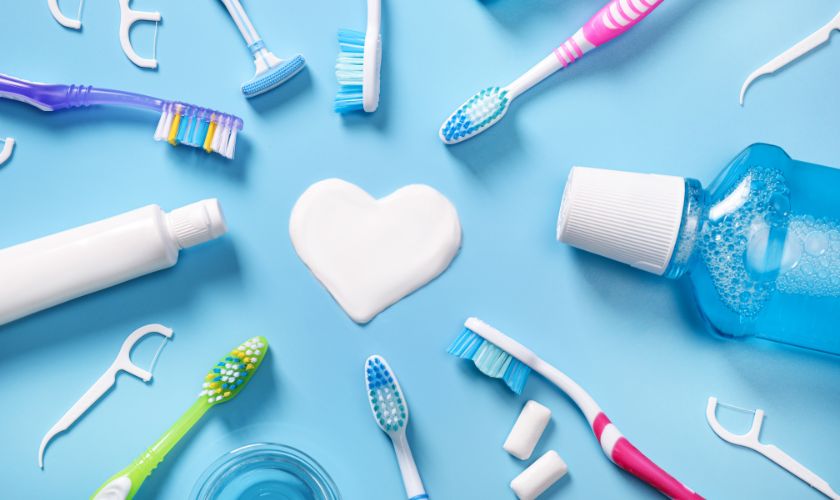
Brushing Isn’t Enough: The Complete Guide to Routine Dental Care
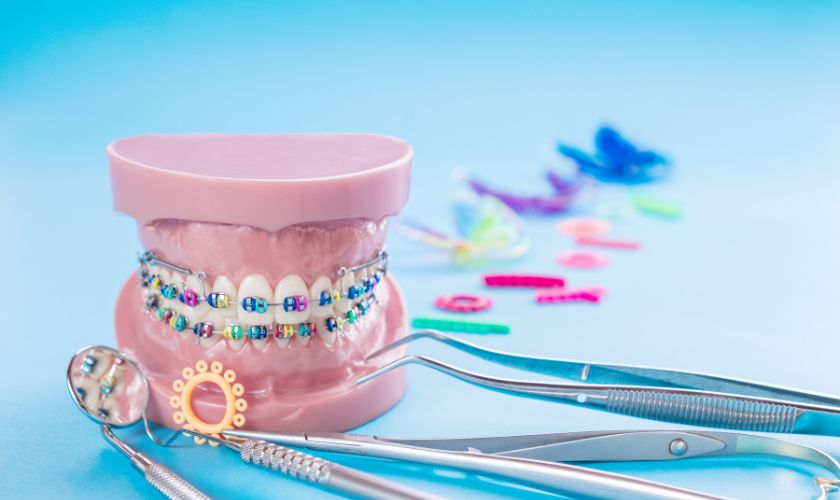
What are the methods of orthodontic treatment?
